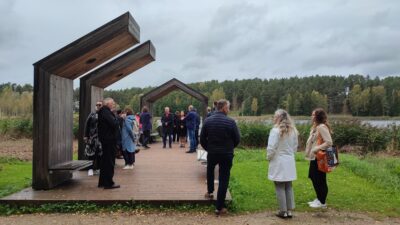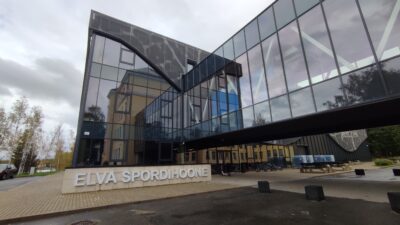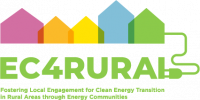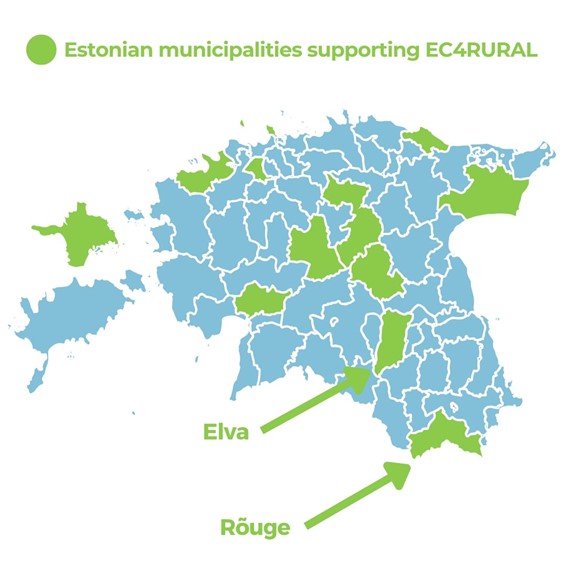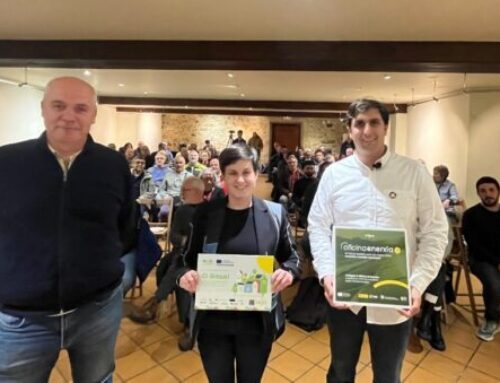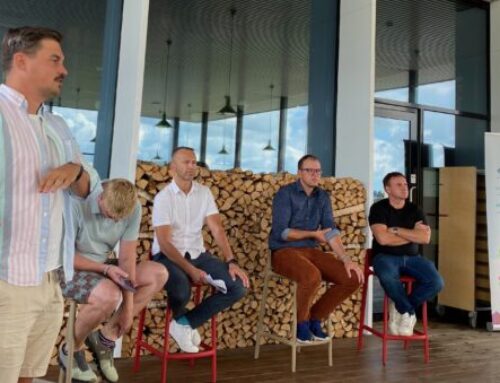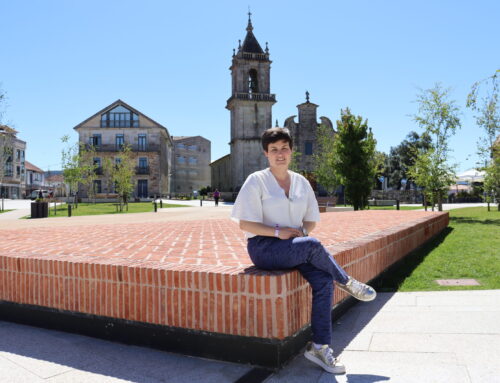In September, the EC4RURAL partners visited two of the twelve municipalities participating in the Estonian pilot: Rõuge and Elva.
Rõuge is a rural municipality located in the south-east of the country, bordering both Latvia and Russia. It has an area of 933 km2 and 5,253 inhabitants working mainly on the timber and tourism sectors, two of the municipality’s main economic sectors.
The clean energy transition has become a priority for this municipality, which has already established concrete local goals for CO2 emissions reduction (40% by 2030 as compared to 2005 levels) and increase of the renewable energy proportion in energy consumption (30% increase by 2030). The local government is actively leading the efforts to increase energy efficiency, especially through the renovation of public buildings. During the visit, EC4RURAL partners visited the Rõuge’s community hall, whose recent renovation included solar panels installation.
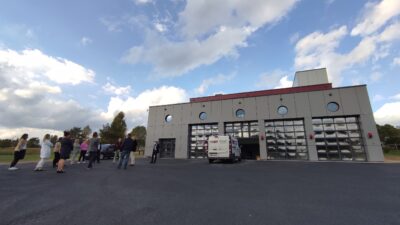
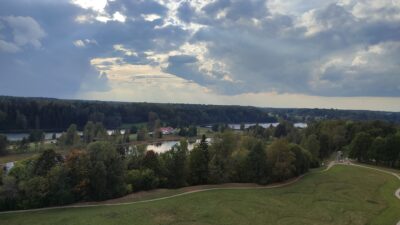
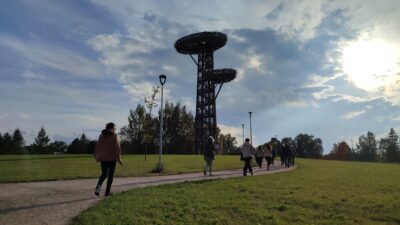
The municipality of Elva is located in the south of the country. Being part of Tartu county, it has an area of 732 km2 and 14,707 inhabitants. Thanks to its lakes and protected natural areas, Elva is a municipality for recreational activities, culture and sports. During the visit, EC4RURAL partners met Elva’s mayor, who explained how the local government is actively supporting the clean energy transition by promoting the use of solar energy, that can make heating systems and buildings more energy efficient, reducing both costs and dependency on the grid.
But achieving the clean energy transition goals requires public participation as well. In this sense, both municipalities are working closely with EC4RURAL partners to raise awareness among their citizens and to foster the creation of their first energy communities.

